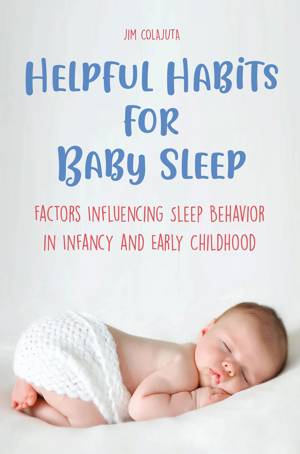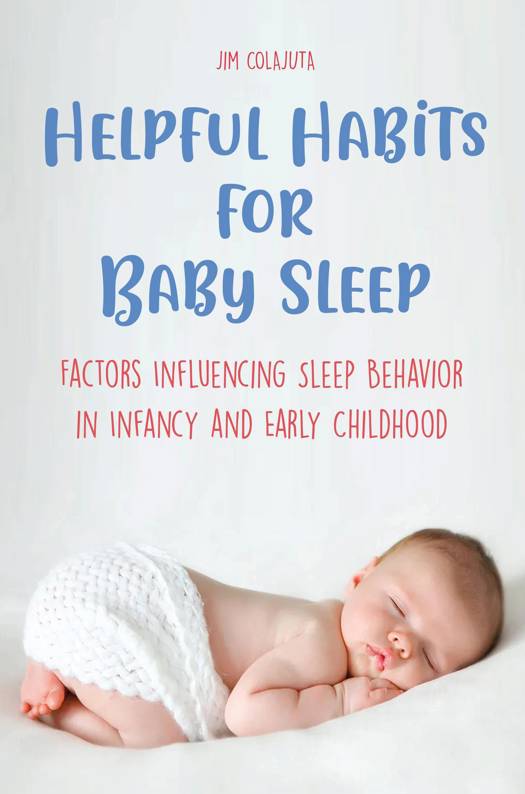
- Afhalen na 1 uur in een winkel met voorraad
- Gratis thuislevering in België vanaf € 30
- Ruim aanbod met 7 miljoen producten
- Afhalen na 1 uur in een winkel met voorraad
- Gratis thuislevering in België vanaf € 30
- Ruim aanbod met 7 miljoen producten
Helpful Habits For Baby Sleep Factors Influencing Sleep Behavior in Infancy and Early Childhood E-BOOK
Jim ColajutaOmschrijving
Sleep is a nebulous and ubiquitous concept. It is a behavior that all living animals engage in. It draws a lot of attention in the media and research. Sleep is also a crucial component of a child's healthy development and overall well-being. Infant sleep is perplexing and unpredictable, despite its obvious importance. Caregivers frequently express concerns about adjusting to sleep deprivation and persistent sleep variations. Most parents find night waking a very disruptive and depressing pattern of behavior that frequently leads them to seek professional advice or turn to a self-help book or friends for help. Sleeping through the night is one of the most important sleep-related ideas and milestones associated with Western industrialized settings. This accomplishment brings many caregivers relief and rejuvenation after weeks or months of sleep deprivation.
In any situation, getting newborns to acquire sleep habits that represent their cultural context is a significant achievement, and strategies for achieving sleep vary greatly depending on cultural standards and beliefs. While there are definite advantages to getting enough sleep as a child, sleep deprivation is tough to handle. When parents thought their infants' sleep was an issue, they had greater levels of overall parenting stress. Whether actual or perceived, sleep deprivation changed mental well-being and influenced responses to stressful caregiving settings. Sleep is obviously important since it aids in infant growth and development, affects caregivers' overall performance and mental well-being, and affects how new parents view, react to, and interact with their babies.
Specificaties
Betrokkenen
- Auteur(s):
- Uitgeverij:
Inhoud
- Taal:
- Engels
Eigenschappen
- Productcode (EAN):
- 9798201525897
- Verschijningsdatum:
- 29/01/2022
- Uitvoering:
- E-book
- Formaat:
- ePub

Alleen bij Standaard Boekhandel
Beoordelingen
We publiceren alleen reviews die voldoen aan de voorwaarden voor reviews. Bekijk onze voorwaarden voor reviews.











